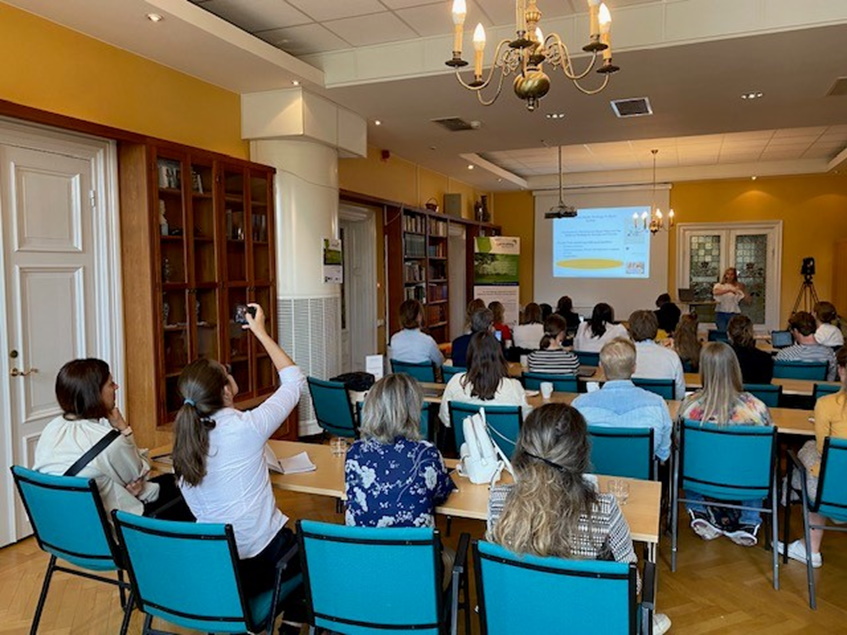
OptiWaMag Final Conference
The final conference was held in Norrköping, Sweden
OptiWaMag focuses on innovation of waste management in urban spaces and in households. The project supports the waste infrastructure, develop the awareness of waste collection and improve the well-being of citizens.
OptiWaMag involves 6 EU regions with a shared ambition to accelerate the scaling up of waste management innovation that can support active and innovative environment and resource efficiency and secure the triple win of economic growth, more sustainable ecosystem services and improved well-being of Europe’s citizens. Focusing on these scopes, the policy project’s primary goal is to improve Structural Funds’ policies and implementation related to waste management and enhance regional and interregional ecosystems.
OptiWaMag recognizes that effective, policy shaping outcomes require enhanced cooperation between involved stakeholders.
The policy project will thus incorporate interregional collaboration, involving a wide range of expert stakeholders, which comprises exchange of good practices, mutual learning, peer assessment, knowledge transfer, targeted coaching and collective, co-designed policy development. It will deliver its results through interlinked project activities and outputs during 3 sequential steps: 1) Identification and Analysis; 2) Interregional Mutual Learning; 3) Knowledge Transfer and Action Planning. Steps 1 and 3 also include assessments of policy enhancement and learning performance. Wide dissemination of good practices and lessons are the backbone of OptiWaMag.
The primary outputs include:
- The project self, peer and expert assessment tools and findings focused on regions’ strengths, weaknesses, policy priorities and policy enhancements
- A Framework Strategy for developing evidence based and co-designed policies, programmes and implementation methods and for identifying the best method to improve policy instruments;
- 6 Regional Action Plans (informed by the Framework Strategy, pre and interim self-assessments and Advisory Board case study) to enhance the implementation of regional policy instruments across Europe.
€1,180,438.00
Environment and resource efficiency
As the result, OptiWaMag promises to improve management structures (governance) of Hungarian ERDF Fund. These improvements will be complemented at strategical level as the Territorial and Settlement Development Operational Programme (TOP) aims to stimulate the nationwide economies in Hungary, funded by Regional Development Fund.
It’s most important relevant priorities are the sustainable urban development and community development. TOP 2.1 has the objective of focusing on ‘Creating Green City’ within the Territorial and Settlement Development Operational Programme with activities to enhance the green infrastructure in the urban spaces (parks, playgrounds etc.) preventing the waste generation and increasing the awareness of waste management.
The programs (TOP 2.1 ) needs to be fine-tuned in order to increase regional synergy and national cooperation. The aim is to increase the focus on the waste management-related solutions for the urban spaces with the increase of green solutions (for example using recycled materials on playgrounds, increasing awareness campaigns in parks).
NORTE 2020 (2014–2020 North Portugal Regional Operational Programme) is a financial instrument intended to support regional development in North Portugal. Under the management of the North Portugal Regional Coordination and Development Commission (CCDR-N), NORTE 2020 stands as an important contribution to the regional development strategy, based on a dual path of convergence with the European and national averages. Given the paradigm of the European cohesion policy, which channels most of the funds to less competitive regions.
NORTE 2020 is organised into nine Priority Axes, plus an axis related to the financial aid and technical assistance required to implement the programme. Environment Quality is the Priority Axe we are to improve.
The Norte 2020 programme has in its Priority 4 - Environmental Quality Axis - the objective of preserving and protecting the environment and promoting the efficient use of resources, by adopting measures to improve the urban environment, revitalize cities and recover and decontaminate industrial zones, in the sense of promoting the urban environmental quality
and landscape of the territories as a factor of differentiation and regional affirmation.
The program finances various types of action in the environmental area, namely the improvement of air quality and noise and sustainable mobility, however it deals with the activities of waste management in a superficial way.
The Latvian multi-fund Operational Programme ''Growth and Employment'' (OP) aims at achieving key national development priorities along with the "Europe 2020" objectives. The OP focus on the following priority: 14.1% of the OP allocation will be dedicated to environment, sustainable use of natural resources and adaptation to climate change (priority axis 5).
TO5 – Investment priority 5.2 of protecting the environment and promoting resource efficiency aims at investing in waste management area in order to adhere to EU acquis requirements in the environmental area and to support needs of Member States: preserving the environment, promoting resource efficiency.
Specific objective 5.2.1 of OP is to increase the ratio of waste to be recycled and recovered of the total amount of waste produced in the respective year from 34.97 % in 2012 to 59 % in 2020. To achieve the objective, it is planned to prepare waste for recycling in order to return waste as much as possible in economic circulation.
In Latvia, the funds foreseen in the OP and specific objective are planned to be invested in municipal waste management companies and in large waste management companies, but this policy and investment funds do not reach the households in which municipal waste is produced. In Latvia there is a small, compact society (small families), households are concentrated in apartment houses, which creates favorable conditions for policy change and sorting of waste at the place where it is
originated.
Waste management is an ever changing policy that needs to be adapted to the changes of the context it is applied to, and to the progress of science and technology. In our Region the current management strategy has improved a lot as for the aspect of “risk prevention”, but it has also increased the total costs remarkably.
Therefore, nowadays, it is necessary to change the strategy used so far, and to get at the bottom of the problem, influencing directly the amount of waste produced.
The prevention of production for waste and valorization of waste already produced are key to the new conception of “circular economy” our society should adopt (as promoted by the EU). According to this perspective, the Regional Plan of Waste Management (PRGR) represents a flywheel to address the whole territory towards a more sustainable environmental, economic and social strategy.
Nevertheless, the plan should be improved in the following aspects:
- the integrated system for sorted waste collection: it shouldn't be standardized, it should be but “customized” on the basis on the territory features, the population density and so forth;
- the charging system, that should follow the "pay as you throw" principle;
- the actions towards the citizens, to get to a shared responsibility among all actors.
Within the policy instrument there is the Thematic Target 06 “Preservation and protection of the environment and promotion of resource efficiency”, with its relevant Investment Priority 6a “Investments in the waste sector in order to meet the requirements of the Union's environmental acquits and address the needs that have been identified by the Member States for investments exceeding those requirements”. The Priority’s expected results are the expansion of bio-waste recycling through collection, management and recycling systems, with appropriate demonstration actions as well as enhancing the prevention of waste generation through awareness-raising actions, promoting recycling, sorting at the source of bio-waste and processing it in composting plants, as well as domestic composting, promoting recycling with the development of "green points".
One thing that is not taken into serious account is the elements of innovation and ecosystems’ development through waste management in order to generate better strategies, plans and implementation for invention, validation, scaling up and development that, will lead to: 1) improved delivery of eco-innovation; 2) more effective ecosystems, improved technology transfer and scaled-up; 3) efficient promotion and education program of ecosystems
Pursuant to Directive 2008/98/EC of European Parliament the competent authority of each Member State is required to establish a waste plan. The waste plan must be evaluated every six year and revised as necessary. To implement the national plan efficiently we need to review and develop our regional waste plan. In the regional waste plan we identify a series of initiatives which must be implemented on the road to a more resource-efficient society.
When we review and develop our regional waste plan we will be able to find new cooperation between the municipalities within our county and find new solutions for identified obstacles to reach the national goals for waste.
By improving our regional waste plan by influences from other regions within EU we will improve the waste management in our region in total. After the project we will have an
updated waste plan that will be continued.

The final conference was held in Norrköping, Sweden
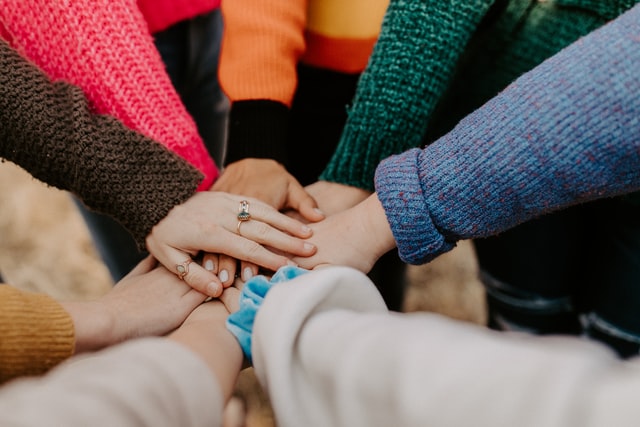
This month, OptiWaMag Interreg Europe Project is finishing the final semester of the planned activities.

The Municipality of Lousada shared good practices and examples in the efficient management of domestic waste.

Last semester started! Optiwamag started its last semester on 1st of February.

The next OptiWaMag Expert Task Force Meeting will be held on 19th of October.
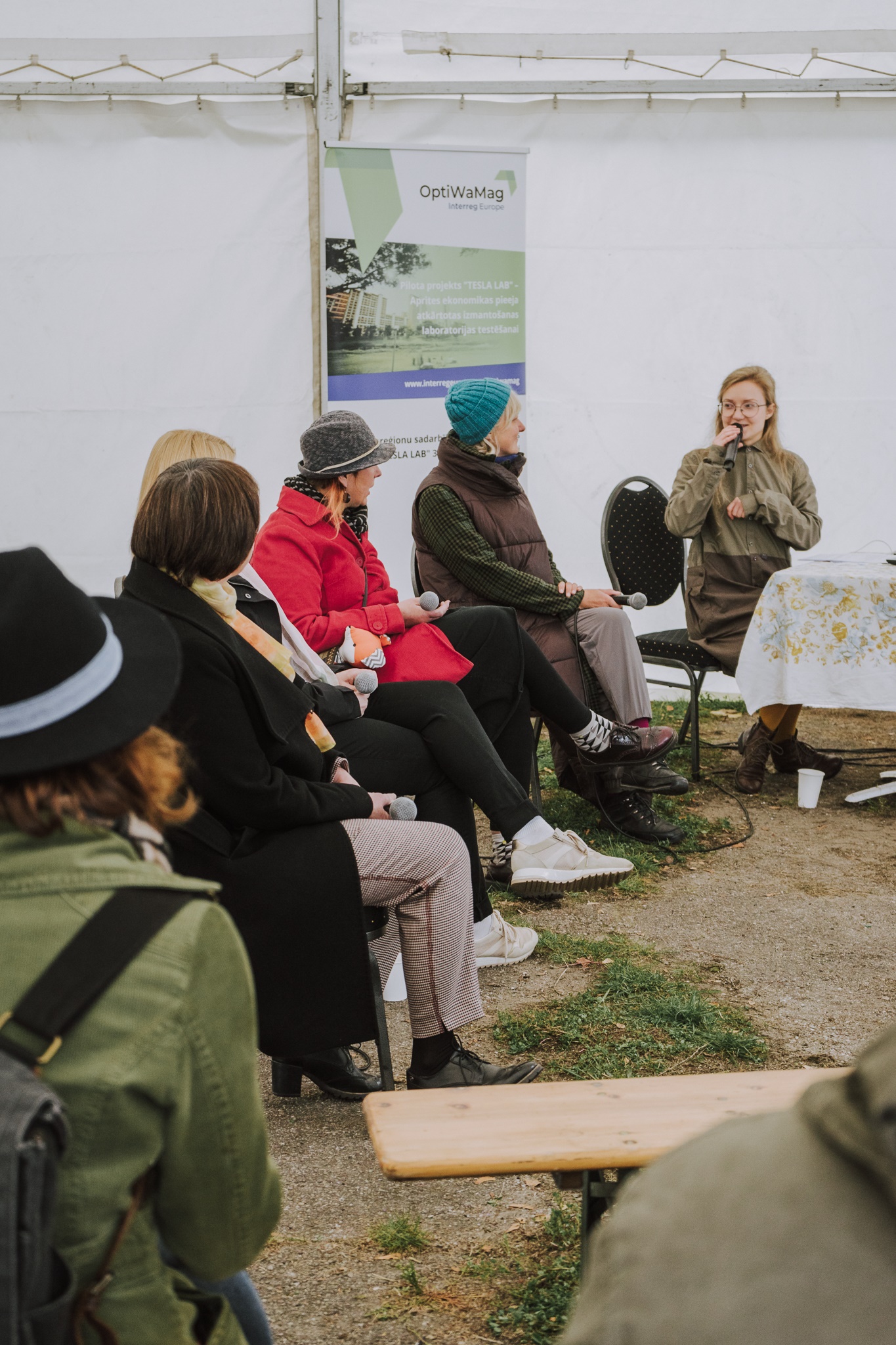
The Idea of an Exchange and Repair Centre Gathers People Interested in the Community Garden
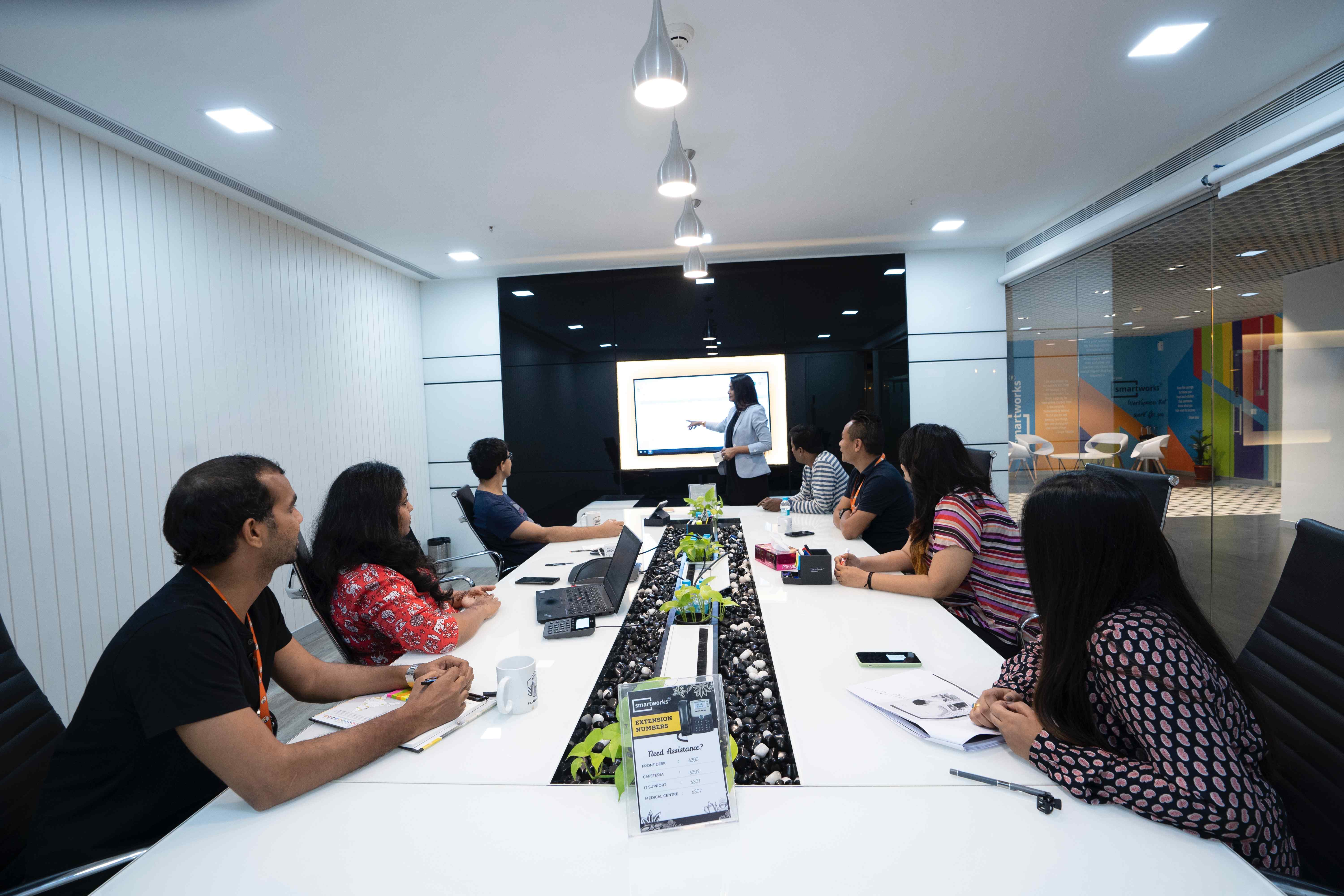
The Pilot Action is being implemented by the two partners of the OptiWaMag project – Riga Technical university (Latvia) and Municipality of Casalgrande (Italy)
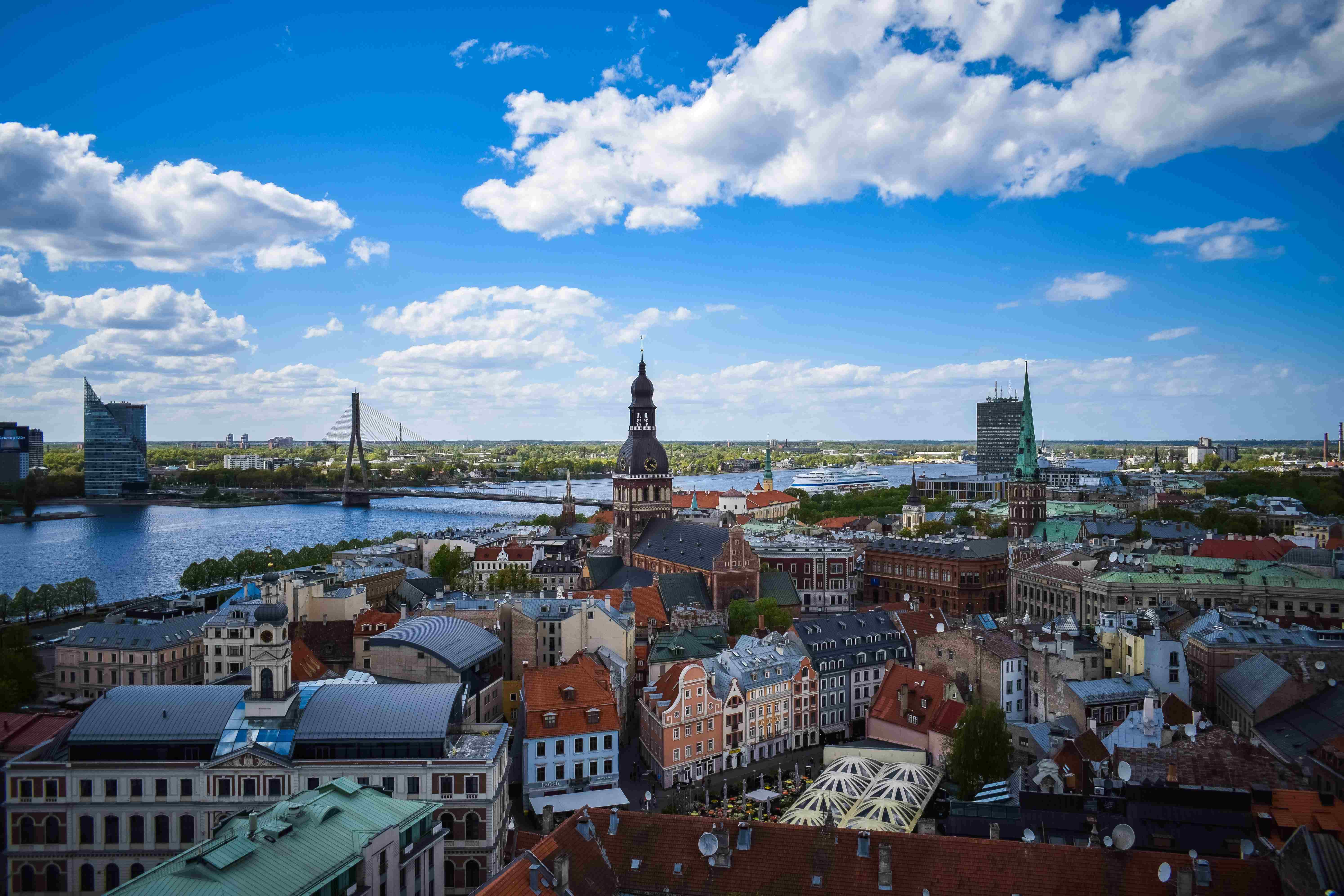
Get ready, the next OptiWaMag Interregional Partner Meeting will be held on the 9th and 10th of November. The meeting will be held online, the host will be Riga

The extension will apply to the whole partnership, the new project end date will be 31/07/2023.

An internal survey was initiated by the Lead Partner, it had 7 questions regarding the process, and expectations.